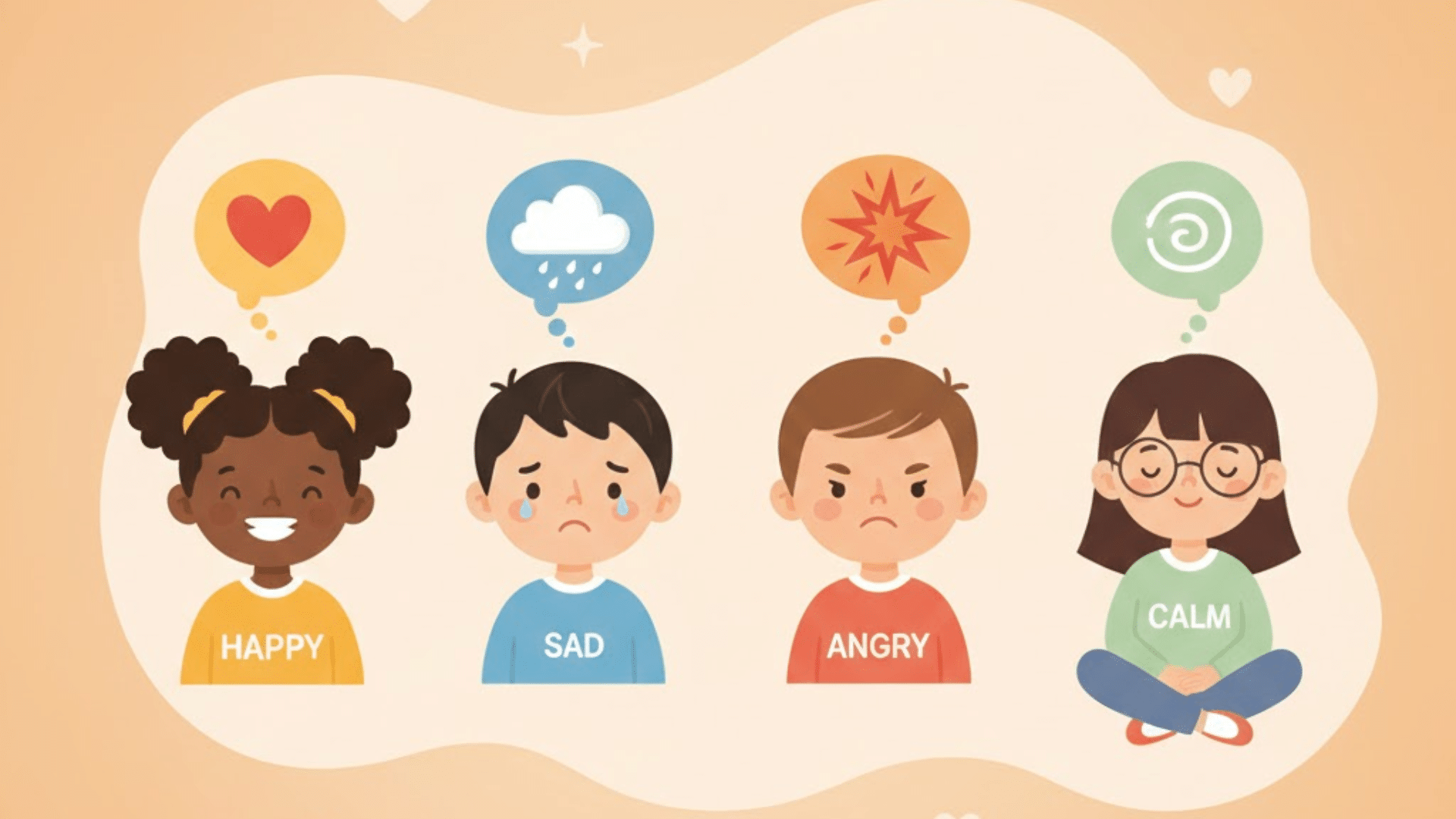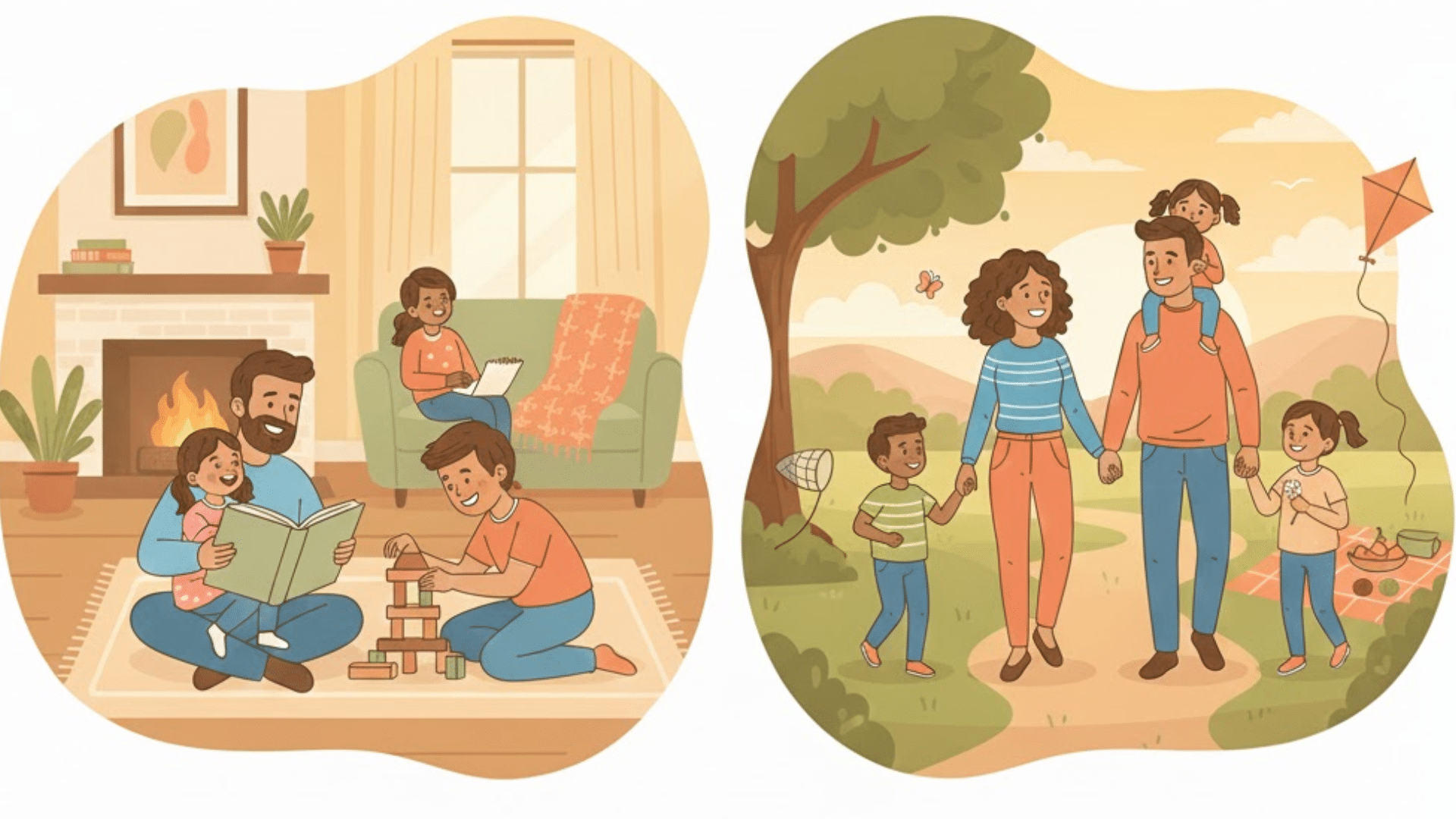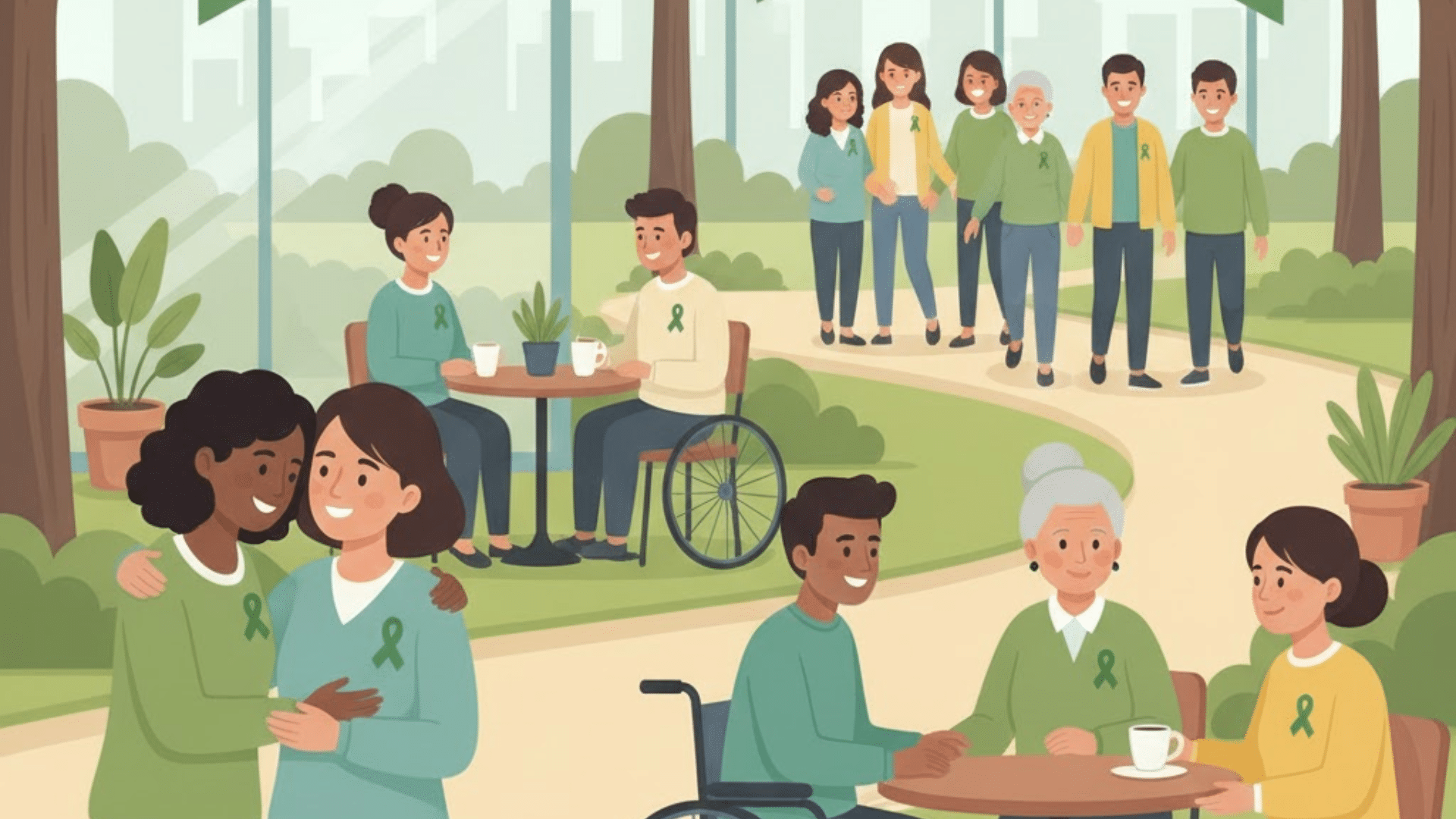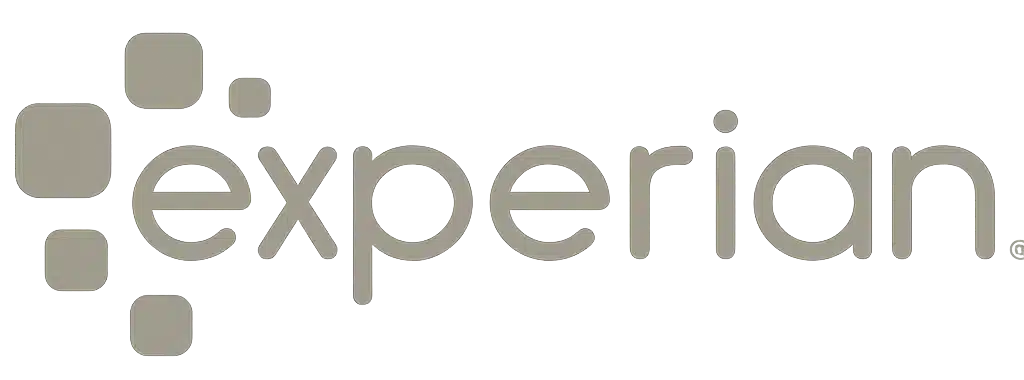Being a single mom is tough. I’ve seen close friends struggle with bills, school, and childcare while trying to balance everything. If you’re in that spot, know that real help exists.
Grants for single moms, along with scholarships and assistance programs, can provide the extra support you need without adding debt.
In this article, you’ll learn about different programs that cover essentials like housing, education, food, and childcare. I’ll also share step-by-step tips for applying, ways to avoid scams, and a quick directory of state resources.
By the end, you’ll know exactly where to start and how to apply for support that truly makes a difference for you and your family.
What Are Grants for Single Moms?
Grants are financial aid given to single mothers to cover needs like housing, schooling, food, or childcare. Unlike loans, they never require repayment, making them a safer option.
These funds often come from government programs, nonprofits, or schools and are designed to ease financial stress while helping moms focus on family and long-term goals.
Difference Between Loans, Scholarships, and Grants
Being a single mom often means finding the right way to pay for education or training. Loans, scholarships, and grants each work differently.
| Option | What It Is | Pay Back? | Best For |
|---|---|---|---|
| Loan | Borrowed money from banks or lenders | Yes, with interest | Moms needing quick funds but able to repay |
| Scholarship | Award based on merit, talent, or need | No | Moms with strong academic, athletic, or special skills |
| Grant | Financial aid is usually based on need | No | Moms with limited income or specific eligibility criteria |
Grants stand out because they offer direct help without repayment. For single moms, this means extra support to handle daily costs and pursue goals without worrying about future debt.
Types of Grants & Assistance Available for Single Mothers
Single moms can access many forms of help, from federal aid to local programs. These resources cover education, housing, childcare, and even emergency needs.
Federal Programs
Federal programs are often the first place to turn for reliable support. They cover basic living costs and health needs.
- Pell Grant: A federal grant that pays tuition and fees for low-income students, making higher education more accessible without repayment.
- TANF (Temporary Assistance for Needy Families): Provides monthly cash aid, job training, and work support to help single mothers achieve long-term financial independence.
- SNAP (Supplemental Nutrition Assistance Program): Gives electronic benefits for groceries, ensuring families have access to healthy food even during tough financial times.
- LIHEAP (Low-Income Home Energy Assistance Program): Offers seasonal help with utility bills, protecting families from extreme heat or cold by covering heating and cooling costs.
- Medicaid & CHIP: Provide free or low-cost healthcare for moms and children, covering doctor visits, hospital care, and essential treatments.
These programs reduce financial stress by covering basic daily needs, freeing up room for stability and growth.
Education Scholarships for Single Moms
Scholarships can make higher education more affordable. They are usually based on need, merit, or life circumstances.
- Clarice Kanouse Memorial Scholarship: Supports single parents committed to completing college, offering financial relief for tuition and books to continue their education.
- Soroptimist Live Your Dream Award: Awards cash grants to women balancing family responsibilities and education, helping them improve job opportunities and personal stability.
- Women’s Independence Scholarship Program: Provides funds for survivors of domestic violence, allowing them to pursue education and rebuild independent, safe, and stable lives.
- State-based scholarships: States like Arkansas offer scholarships specifically for single parents, reducing education costs and increasing access to career-building opportunities.
These scholarships give single moms the chance to pursue degrees or job training without building debt.
Housing & Homeownership Assistance
Safe and stable housing is essential, and several programs are built to help moms secure it.
- HUD programs: Deliver rental subsidies, public housing options, and housing counseling to help families secure safe and affordable living conditions.
- First-time homebuyer grants for single moms: Cover part of down payments and closing fees, making homeownership more attainable for low-income mothers.
- Section 8 housing choice vouchers: Provide rent assistance by paying part of monthly housing costs, allowing families to live in safer neighborhoods.
Housing aid creates a foundation of stability, allowing families to feel secure while working toward long-term goals.
Emergency & Hardship Grants
Unexpected situations can put families at risk. Emergency programs help fill those gaps.
- Justice Federal Credit Union hardship grants: Give short-term cash assistance to members facing emergencies, helping families cover urgent bills or unexpected expenses.
- Nonprofit crisis funds: Many charities provide financial help, food, or temporary housing during personal crises, ensuring moms receive immediate support.
- Community relief programs: Cities and local groups organize programs offering essentials like rent aid, groceries, and transportation for struggling families.
These resources provide quick relief so moms can get back on their feet without spiraling into debt.
Childcare & Family Support Programs
Childcare is often one of the biggest costs for single moms. Support programs help ease this burden.
- Child care tax credit: Lowers taxes for working parents who pay for childcare, making it easier to manage annual expenses.
- Local childcare subsidies: Counties and states fund reduced-cost childcare options, helping working mothers balance job responsibilities with affordable care.
- Diaper banks, food pantries: Community-based resources provide baby supplies and groceries, ensuring families meet basic daily needs without extra costs.
By lowering childcare and family costs, these programs give moms room to focus on work, school, and family well-being.
How to Apply for Grants as a Single Mother

The grant process can feel confusing, but breaking it into simpler steps makes it easier to follow and complete correctly.
1. Eligibility Checks
Before applying, review the program’s requirements closely. Most grants set rules based on factors like income level, education history, dependents, or location.
Carefully confirm that you qualify, since applying without meeting requirements wastes time and may hurt your chances with future applications.
2. Required Documents
Organizing documents early helps prevent missed deadlines. Common requests include proof of income, tax returns, birth certificates, and identification.
For education-related grants, the FAFSA form is often required. Double-check instructions to ensure you provide all correct paperwork, properly signed and updated.
3. Where to Find Applications
Finding the right application is key to avoiding scams. Rely on official government websites ending in .gov, respected nonprofits with .org, or verified community programs.
These trusted sources provide direct links, reliable forms, and accurate details about eligibility, deadlines, and requirements.
4. Application Aid
Submitting correctly is just as important as applying on time. Always track deadlines with reminders, review instructions carefully, and proofread before submitting.
Watch for common mistakes like missing signatures, blank sections, or wrong attachments. Attention to detail increases approval chances significantly.
Tips to Maximize Your Chances of Approval
Applying for grants and assistance takes effort, but small steps can improve your chances of getting approved.
- Applying to multiple programs at once: Don’t rely on one application. Apply to several programs to increase your chances of receiving support faster.
- Writing strong personal statements: Share your story clearly and honestly. Explain your needs, goals, and how the grant will help your family.
- Following up after submission: Check your application status and respond quickly to requests for more information to show commitment and responsibility.
Taking these steps makes the process smoother and helps improve your chances of securing financial help when needed.
State-by-State Grant Resources (Quick Directory)
Each state offers its own programs to help residents with education, housing, or family support. Use this directory as a starting point for what’s available where you live.
| State | Program | Summary |
|---|---|---|
| Arkansas | Arkansas Single Parent Scholarship Fund | Provides financial help for single parents pursuing higher education. |
| California | Cal Grant Program | Offers need-based aid to eligible students for tuition and education costs. |
| Florida | First Generation Matching Grant | Supports students who are the first in their family to attend college. |
| New York | Tuition Assistance Program (TAP) | Helps eligible residents cover part of their tuition at approved schools. |
| Texas | Texas Public Educational Grant (TPEG) | Provides funds to students based on financial need for higher education. |
These resources give you a place to begin your search. Always confirm eligibility and application details on each program’s official website
Avoiding Scams When Applying for Grants
Grant scams are common, but knowing how to spot them keeps you safe. Focus on key red flags and trusted sources.
Red Flags
Scammers asking for upfront fees or quick payments are fraudulent since genuine grant programs never require money to apply.
Websites with errors, hidden contacts, or “guaranteed approval” claims are unsafe. Real programs follow review processes and never promise instant success.
Safe Sources
Government websites ending in .gov list authentic grants with clear eligibility, deadlines, and verified application processes you can trust fully.
Well-known nonprofits or schools with .org addresses provide transparent, safe opportunities supported by community funding and long-standing partnerships with reliable organizations.
Conclusion
Help is out there for single moms, and grants can be a lifeline to cover housing, education, childcare, and daily needs.
By applying early and often, you increase your chances of approval and reduce financial stress.
Organize your documents, stay aware of deadlines, and always use trusted sources like government sites and well-known nonprofits.
aking small but steady steps can open doors to meaningful support for you and your family.
If you found this guide helpful, share it with other moms who may benefit, and drop a comment below with your experiences to inspire others.










